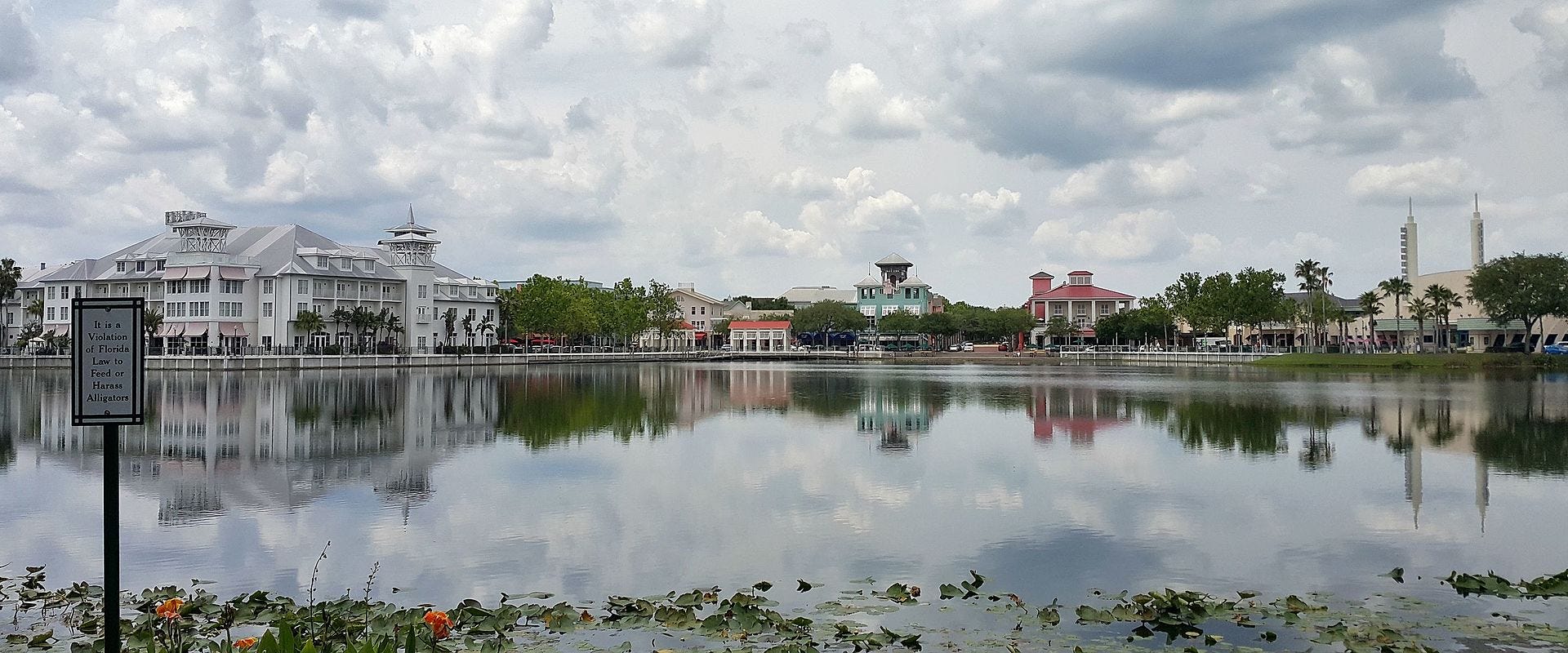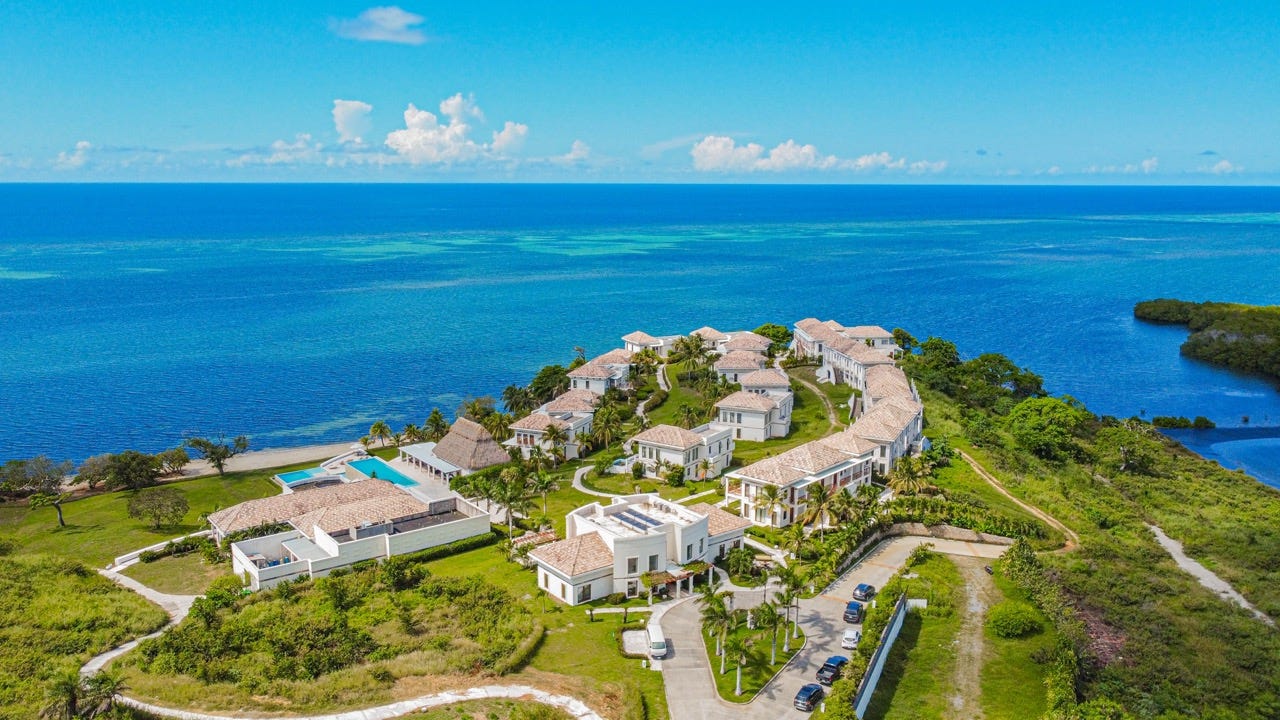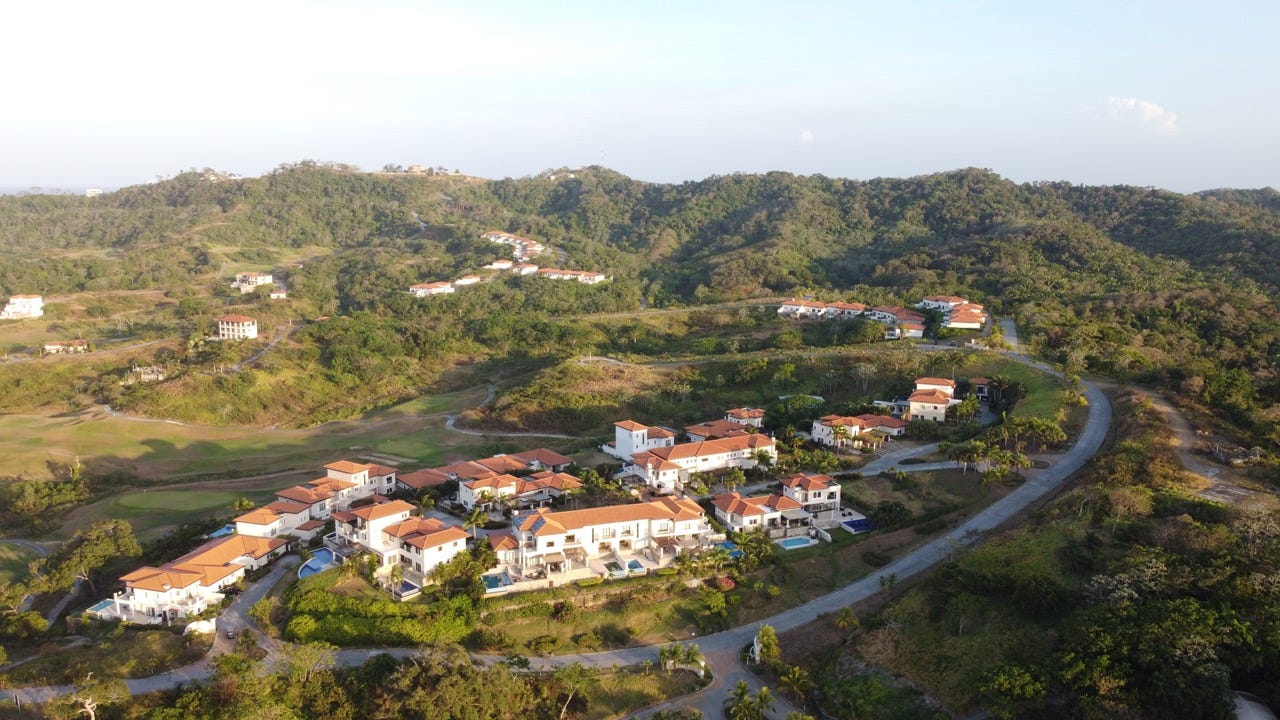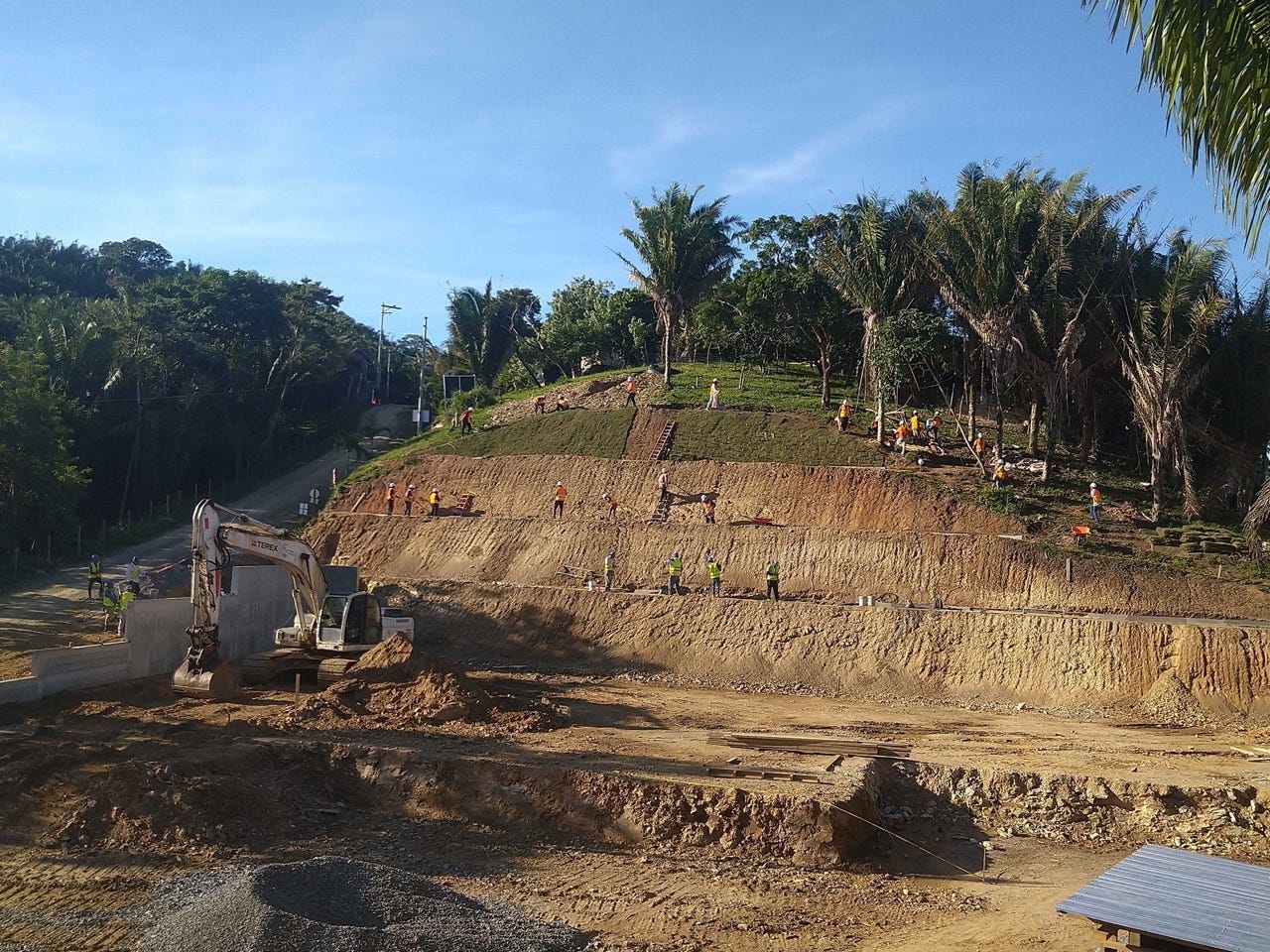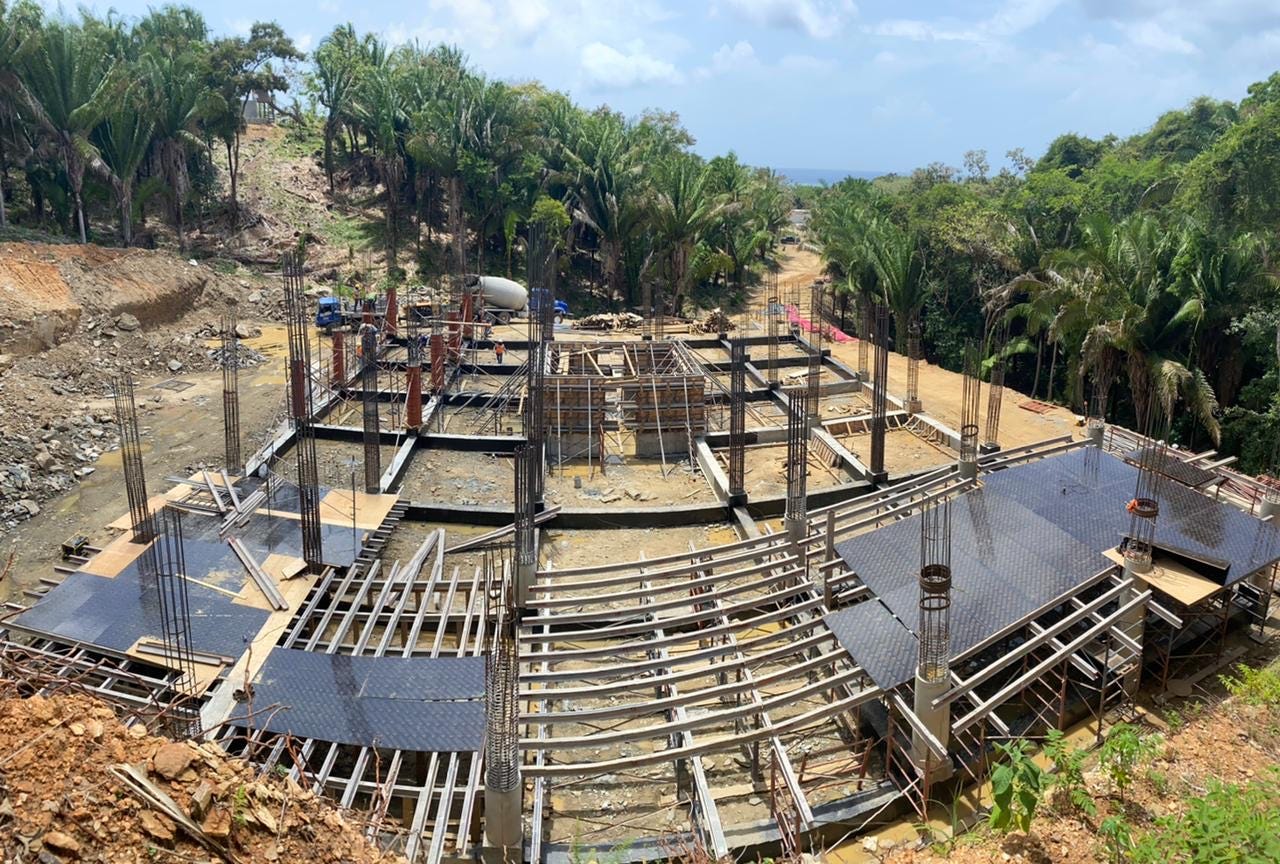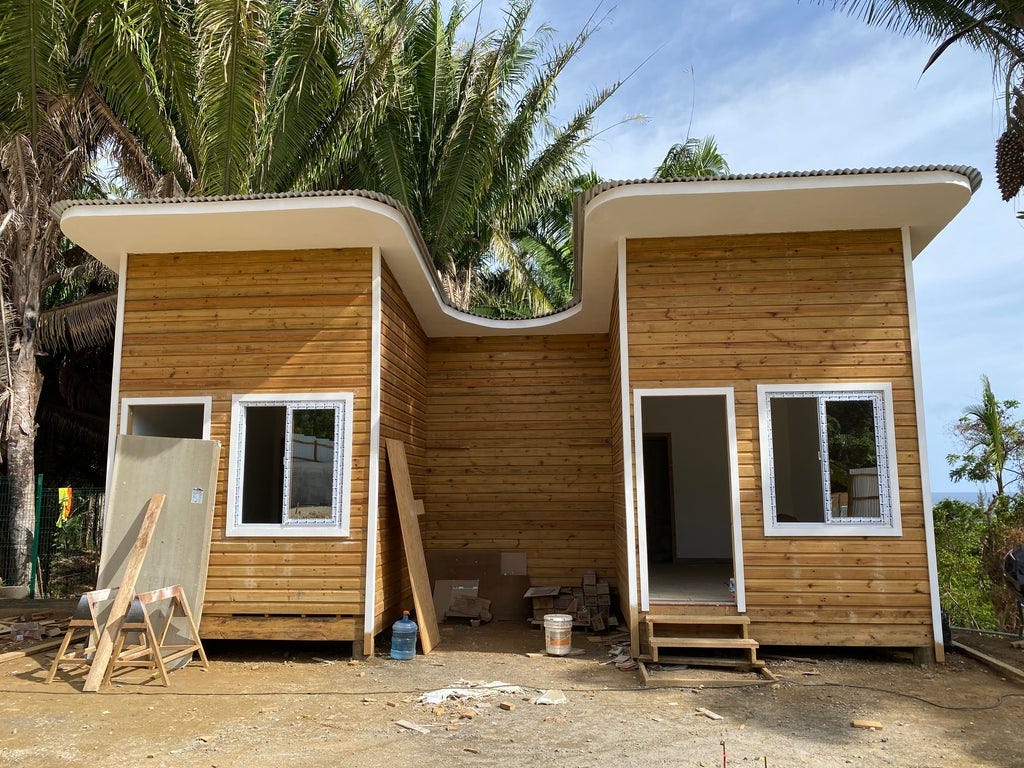Astral Codex Ten - Model City Monday 6/27/22
Goodbye, ZEDE LawThe story so far: in the mid 2010s, Honduras passed a first-in-the-world law saying that private actors could apply to run charter cities / special economic zones (ZEDEs) on Honduran territory. Three groups took them up on the offer and designed various interesting projects. In January, Honduras kicked out the right-wing government that passed the ZEDE law and replaced it with a socialist party led by Xiomara Castro, which had made opposition to the ZEDEs part of its platform. In April, the new government repealed the ZEDE law, with unclear consequences. Everyone agrees that creating new ZEDEs is now illegal. There’s less clarity on what happens to the existing projects. The government that instituted the ZEDE law wanted to protect ZEDEs from future governments changing their minds, and added various protections saying that once the ZEDEs existed it should be very legally difficult to close them down. In theory, it would take acts of two separate legislative terms (this one counts as one), and even then the ZEDEs would have (according to international treaties on protecting investments) up to a fifty year grace period to wind down their activity. Prospera, the first and largest ZEDE, has (as usual) dominated press coverage. They state that the government hasn’t asked them to shut down, that the government continues to accept payments Prospera owes them for its continued operation, and that when Prospera has told the government that it plans to keep operating, nobody in the government has objected. 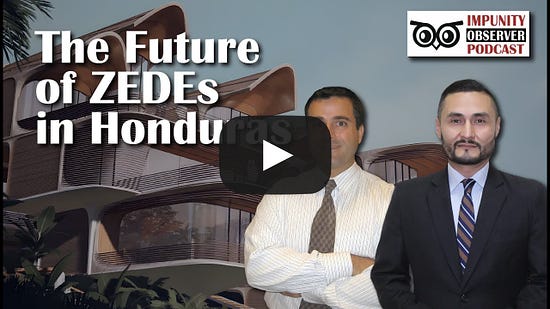 — This (~4:00) is my main source for Prospera’s position and what they’ve done. — They’ve also retained the services of White & Case LLP, described as one of the best international arbitration law firms in the world, in case any of this goes to court, and gotten in touch with the governing body of the Central American-US free trade agreement. They add that sophisticated investors have given them over $30 million since Castro’s government was sworn in, representing a vote of confidence from the markets that they’ll be able to get through this. What about the other two projects? The head of Ciudad Morazan, Massimo Mazzone, writes (copied from his Twitter and translated from Spanish by Google Translate):
Also:
I can’t find any statements from Orquidea, but my understanding is that their business model is less ambitious, they don’t have much incentive to resist this law, and they will probably devolve gracefully into a standard industrial park. Goodbye, Reedy CreekReedy Creek Improvement District is a forty-square mile piece of Central Florida including the towns of Bay Lake, Lake Buena Vista, and - last but certainly not least - Disney World. Florida gave the territory as a charter city to the Disney Corporation back in 1967, when they were first planning Disney World. Partly this was so Disney could handle the services for their theme park, but partly it was because Walt Disney had grand plans to build the “Experimental Prototype Community Of Tomorrow” (EPCOT), and Florida wanted to let him. According to Wikipedia:
But Disney died the next year, his successors had no interest in this, and the plan was cancelled. Parts of it survived as the Disney World monorail (originally planned as EPCOT’s public transit) and as the EPCOT Center (a Disney World attraction memorializing the plan).
In the end, all Disney had was a forty-square mile corporate fiefdom, on which they built several cities. Overall they seem pretty nice, although more because of the magic of walkable urbanism than the magic of Disney. But earlier this year, Florida passed a law banning sex education aimed at young children, which the media seized on as “the Don’t Say Gay Law”. Disney did some corporate activism against the law, the Florida government got mad and brainstormed ways to punish Disney, and the best they could come up with was to re-establish state control of Reedy Creek, which DeSantis officially did last month. Disney has sued the state, but it looks like it’s just over some debts and the lawsuit is unlikely to prevent the dissolution. You get socialists in power, they dissolve charter cities. You get conservatives in power, they also dissolve charter cities. All I want is one government that doesn’t dissolve charter cities! Is that too much to ask? Hello, AfropolitanLast year venture capitalist and thought leader Balaji Srinivasan introduced the idea of a “network state”. With the advent of social networks and cryptocurrency, as well as increasing polarization leading people to group themselves more by ideological cohesion than geographic proximity, maybe people could group themselves into nonterritorial state-like communities. And although these would seem pretty thin compared to real states that have monopolies over use of force in real geographic areas, maybe some of them could use charter-city like systems to eventually buy land and graduate into full statehood. (is this just the Hive System from Terra Ignota? I think so, but probably with fewer major governments being controlled by weird brothels.) Anyway, Afropolitan has taken him up on this. They share a name with a landmark essay by Achille Mbembe (founding a country based on an especially good essay also sounds like something that would happen in Terra Ignota, as does history being changed by people named hings like “Achille Mbembe”), arguing that Africa needs to re-invent or re-define itself or something. The founders of Afropolitan-the-company have taken this idea of a trans-national African diaspora and turned it into an "African DAO [and] digital nation...building a network state to unleash the maximum potential of Africans around the world". They write:
…and go on to list a four-step plan to create the society of the future. Step One is sell “NFTs representing the mythology of our new nation” . Step four is “a[n] extensive system of charter cities akin to Singapore or Hong Kong”. In the unlikely chance that you care what Steps Two and Three are, you can find them here. Why should you take them seriously? I am not at all claiming that you should. I am only claiming that “sell digital tokens representing mythology, but eventually this turns into a country” is the most Terra Ignota thing ever. Also, at least the founders have good aesthetics: But also, some people are taking them seriously. VCs including Balaji Srinivasan has invested $2 million. The group claims to have 50,000 followers on Clubhouse. They’ve been featured on TechCrunch and (very briefly) Marginal Revolution. I would, however, briefly challenge their claim to be “the first ever Internet country”. People have been building Internet countries as long as there has been an Internet. I’m not sure which was actually first, but I know the Kingdom of Talossa has been online since 1995. A 2000 New York Times article on the Internet country phenomenon profiled Talossa, but was already able to give six other examples. And although these were perhaps easy to miss, Danny Wallace started the Kingdom of Lovely, a “partly Internet-based project that claims a small amount of territory”, on a widely-viewed BBC documentary in 2007. I myself got involved in an online country project back when I was a teenager in the early 2000s. Although no venture capitalists appeared to give me giant bags of money, it got a few dozen “citizens” and some fun government institutions before finally petering out around 2015. I guess what I’m saying is - I’m available as an Internet country building consultant with fifteen years experience. And no, I don’t accept payment in NFTs. Oh, You’re Still Here?Meanwhile, in Honduras, it isn’t all legal doom and gloom. Prospera has also been making real progress, as measured in pretty photos. Two Roatan resorts, Las Verandas and Pristine Bay, have joined Prospera. The ZEDE law saying that landowners can voluntarily annex their land into a willing ZEDE: Prospera is also building a high-tech wood processing factory that will eventually produce parts for its other construction efforts: And its first multi-story apartment buildings: It will also be hosting gene therapy company Mini Circle, which runs clinical trials for innovative medical procedures. Granting that many of its studies (treatments for HIV, muscular dystrophy, obesity, etc) seem great and important, it perhaps seems suspicious that they would want to do this in a charter city? The company writes that “the cost of running a trial in Prospera is less than 1/1000th the cost of the United States”, which seems good in ways but does not entirely allay my concern. I was originally worried that they would be experimenting on Hondurans or something, but looking at the site it looks like they’re recruiting worldwide and would probably fly Americans (or whoever else) to Honduras for the therapy. Their site features a quote from friend-of-the-blog Alex K Chen, who says:
I think the only way this could get more mad science points is if it used the phrase “small-minded fools”. Mind you, I think mad science points are good, I just hope everyone else sees it that way and my optimism turns out justified. Also, apparently the clinical trials have NFTs, because of course they do. At least they’re not commemorative NFTs - they seem to play a load-bearing role where they help participants be incentivized to complete all the necessary tests. Also, low-cost eco-residences! Shorts1: I previously mentioned the scam/fiasco/insane-idea of Hammer City, a planned Marxist city in the Rocky Mountains. I knew it had failed, but I didn’t know exactly how. Now Colorado Sun has investigated. The proximal reason it failed was because the Marxists started moving their paramilitary onto the land before they had officially bought it, the owner called the cops, and the cops removed them. The Hammer City team has not given back any of the $112,000 which they raised from extremely credulous donors (without using NFTs, even!) 2: The Charter Cities Institute continues doing the long-term ground-level work necessary to create long-term responsible charter cities which will be much too boring and responsible for me to write silly profiles of. Some of their most recent work has been with the Africa Next 50 Cities Coalition, which “convenes and mobilizes key stakeholders who are dedicated to harnessing Africa’s rapid urbanization for human prosperity”. 3: Also, CCI founder Mark Lutter has left the organization to start a charter city of his own, no public details yet. CCI will be looking for a new executive director. 4: Speaking of Disney, they’ve been building on their model city expertise and magical storybook branding by creating planned communities around the US - Story Living By Disney, starting with Rancho Mirage California. Realistically it just looks like a very nice planned community, but this planned community comes with the option to have people make fun of you forever for living in a Disney community as an adult. You’re a free subscriber to Astral Codex Ten. For the full experience, become a paid subscriber. |
Older messages
Open Thread 230
Monday, June 27, 2022
...
Your Book Review: Public Choice Theory And The Illusion Of Grand Strategy
Friday, June 24, 2022
Finalist #7 In The Book Review Contest
Book Review: San Fransicko
Thursday, June 23, 2022
...
Open Thread 229
Monday, June 20, 2022
...
Your Book Review: The Future Of Fusion Energy
Friday, June 17, 2022
...
You Might Also Like
10 Things That Delighted Us Last Week: From Seafoam-Green Tights to June Squibb’s Laundry Basket
Sunday, March 9, 2025
Plus: Half off CosRx's Snail Mucin Essence (today only!) The Strategist Logo Every product is independently selected by editors. If you buy something through our links, New York may earn an
🥣 Cereal Of The Damned 😈
Sunday, March 9, 2025
Wall Street corrupts an affordable housing program, hopeful parents lose embryos, dangers lurk in your pantry, and more from The Lever this week. 🥣 Cereal Of The Damned 😈 By The Lever • 9 Mar 2025 View
The Sunday — March 9
Sunday, March 9, 2025
This is the Tangle Sunday Edition, a brief roundup of our independent politics coverage plus some extra features for your Sunday morning reading. What the right is doodling. Steve Kelley | Creators
☕ Chance of clouds
Sunday, March 9, 2025
What is the future of weather forecasting? March 09, 2025 View Online | Sign Up | Shop Morning Brew Presented By Fatty15 Takashi Aoyama/Getty Images BROWSING Classifieds banner image The wackiest
Federal Leakers, Egg Investigations, and the Toughest Tongue Twister
Sunday, March 9, 2025
Homeland Security Secretary Kristi Noem said Friday that DHS has identified two “criminal leakers” within its ranks and will refer them to the Department of Justice for felony prosecutions. ͏ ͏ ͏
Strategic Bitcoin Reserve And Digital Asset Stockpile | White House Crypto Summit
Saturday, March 8, 2025
Trump's new executive order mandates a comprehensive accounting of federal digital asset holdings. Forbes START INVESTING • Newsletters • MyForbes Presented by Nina Bambysheva Staff Writer, Forbes
Researchers rally for science in Seattle | Rad Power Bikes CEO departs
Saturday, March 8, 2025
What Alexa+ means for Amazon and its users ADVERTISEMENT GeekWire SPONSOR MESSAGE: Revisit defining moments, explore new challenges, and get a glimpse into what lies ahead for one of the world's
Survived Current
Saturday, March 8, 2025
Today, enjoy our audio and video picks Survived Current By Caroline Crampton • 8 Mar 2025 View in browser View in browser The full Browser recommends five articles, a video and a podcast. Today, enjoy
Daylight saving time can undermine your health and productivity
Saturday, March 8, 2025
+ aftermath of 19th-century pardons for insurrectionists
I Designed the Levi’s Ribcage Jeans
Saturday, March 8, 2025
Plus: What June Squibb can't live without. The Strategist Every product is independently selected by editors. If you buy something through our links, New York may earn an affiliate commission.

